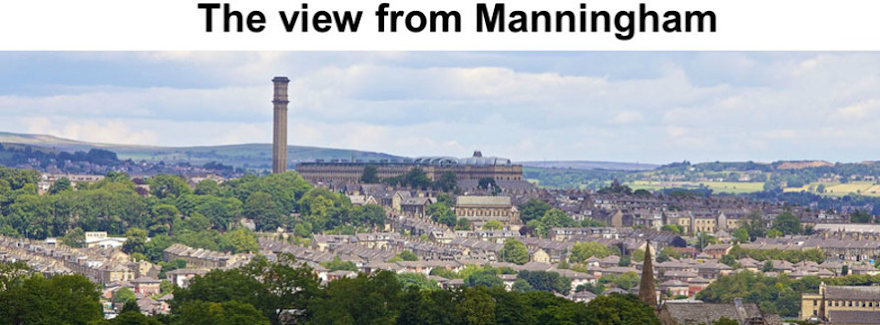On Wednesday 23rd November 2016, Philip Hammond delivered his first and last Autumn Statement.
This is one of the two annual statements the Chancellor of the Exchequer makes to Parliament, the other being the Budget and it will not have been an easy one to make.
Our national debt is already £1.7 trillion and growing at £5000 per second.
As the principal steward of the nation’s finances, he has a duty to be prudent and yet he is faced with numerous demands for increased spending but limited scope for increasing taxes or more borrowing.
Brexit has also made his task more difficult.
Whilst there is uncertainty about the outcome of the negotiations to leave the EU, companies are cautious about new investment.
The value of the pound has fallen sharply, which helps exporters but makes imported goods and materials more expensive. Inflation is still low but has risen 1% which is reflected in food prices.
Notwithstanding these constraints there are some real pressures on the Chancellor to be generous.
The Prime Minister has urged him to do something to help those who are ‘just about managing’.
He raised the income tax threshold from £11,000 to £11,500 from next April and increased the National Living Wage from £7.20 to £7.50 per hour.
He also froze the fuel duty and tinkered with the Universal Credit taper rate.
They are modest measures and will help the ‘JAMS’ a bit but didn’t satisfy the Shadow Chancellor who said some working families would only see £150 returned to them from an original cut in benefits of £2,500 a year.
The Chancellor’s two priorities were to prepare the economy to cope with the effects of Brexit and invest in strategic infrastructure projects.
The independent Office of Budget Responsibility admits there is uncertainty about what Brexit will do to the economy but forecasts that the economy will grow less than would otherwise have been the case, upsetting the hard line Brexiteers.
Mr Hammond’s response was to allocate £23 billion over the next five years for major infrastructure projects to help stimulate growth.
That includes £2billion for research and innovation, £1.4 billion for 40,000 affordable homes together with the £2.3billion already announced for a new Housing Infrastructure Fund to build up to 100,000 new homes in areas of high demand, as well as major road and rail projects.
He also allocated £1billion for a digital infrastructure to speed up broadband.
A shocking part of the Statement concerns poor productivity in Britain, we lag well behind the US and Germany but also France and Italy.
Hammond said “It takes a German four days to produce what we make in five; in turn that means that too many British workers work longer hours for lower pay than their counterparts”.
Changing that will include investment in new technology by firms, better training for workers and smarter management.
The biggest concern about these plans is that they increase the budget deficit instead of bringing it down.
George Osborne had planned to eliminate the deficit by 2019/20, Hammond has postponed that into the next parliament.
This means that they have failed to keep their promises in the 2010 and 2015 manifestos, damaging their credibility as reliable stewards of the nation’s finances and voters may feel a decade of austerity was for nothing.
This really is the last autumn statement after the 2017 Spring Budget, the Budget will be in the autumn.
Whenever it is it will affect all of us in some way and prayer for everyone involved in its preparation and delivery need our prayers.

